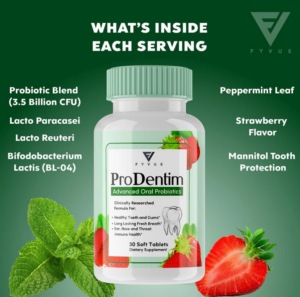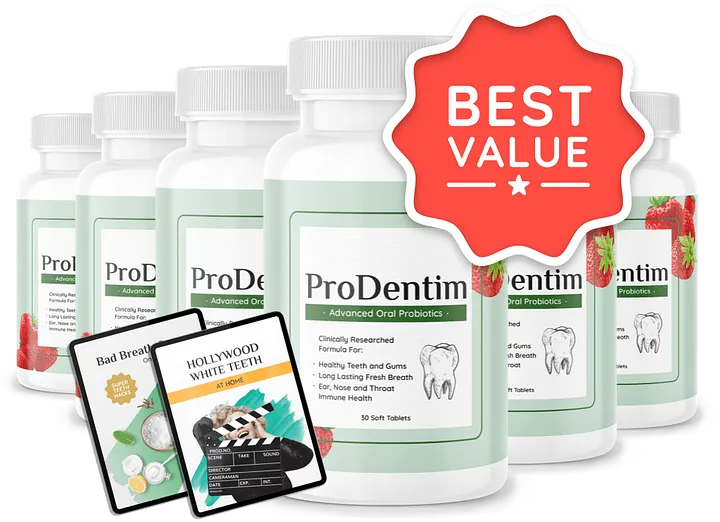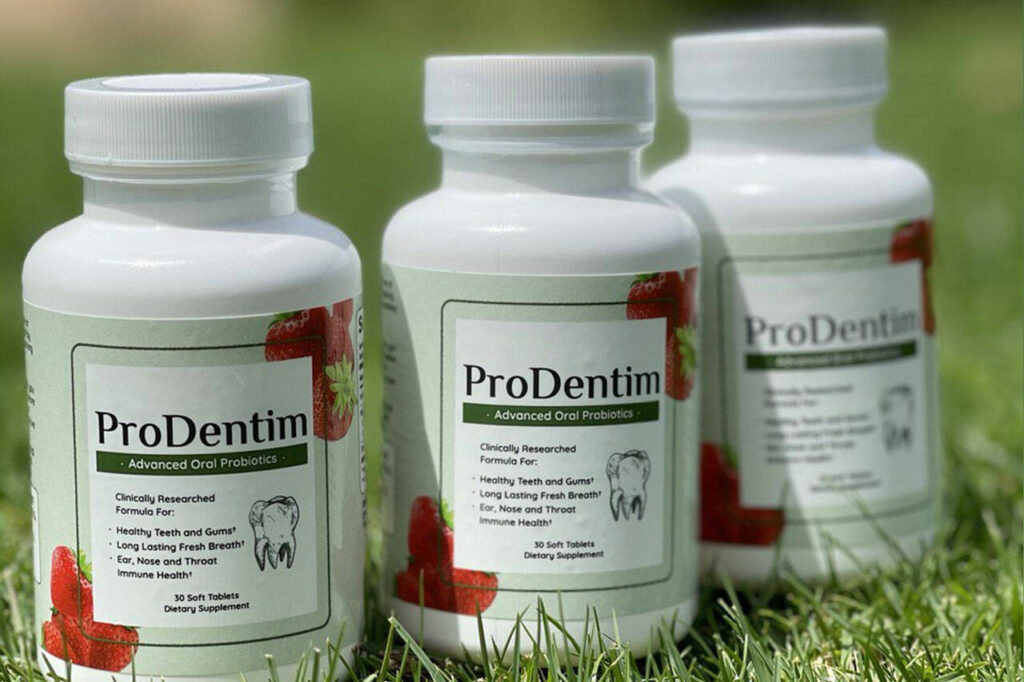Cavities and Tooth Decay: Causes, Prevention, and Effective Treatment
 Cavities and tooth decay are among the most common oral health issues faced by people of all ages. They can lead to discomfort, tooth loss, and other serious health complications if left untreated. This blog post covers everything you need to know about cavities, including causes, prevention tips, and effective treatment options to keep your teeth healthy. Read more…
Cavities and tooth decay are among the most common oral health issues faced by people of all ages. They can lead to discomfort, tooth loss, and other serious health complications if left untreated. This blog post covers everything you need to know about cavities, including causes, prevention tips, and effective treatment options to keep your teeth healthy. Read more…
What Are Cavities and Tooth Decay?
Tooth decay is a gradual breakdown of tooth enamel, the hard outer layer that protects your teeth. When acids produced by bacteria in the mouth attack this enamel, it creates small openings or holes in the tooth, commonly known as cavities. If untreated, these holes can grow and affect deeper layers of the tooth, leading to pain, infection, and even tooth loss.
Understanding the Causes of Cavities and Tooth Decay
-
Poor Oral Hygiene: Skipping regular brushing and flossing allows plaque (a sticky film of bacteria) to build up on your teeth. This bacteria produces acids that erode tooth enamel, increasing the risk of cavities.
-
Frequent Snacking and Sugary Drinks: Consuming sugary or acidic foods and drinks feeds the bacteria in your mouth, causing them to produce more acid. This acid attacks your teeth, especially when you snack frequently or sip on sugary beverages over an extended period.
-
Dry Mouth: Saliva helps wash away food particles and neutralizes acid in the mouth. Conditions that reduce saliva flow, like certain medications, smoking, and some health issues, can increase the risk of tooth decay.
-
Poor Diet and Nutritional Deficiencies: A diet lacking in essential vitamins and minerals weakens tooth enamel. Calcium and vitamin D are particularly important for strong teeth, while vitamin C helps maintain healthy gums.
-
Age: Children and older adults are more susceptible to cavities. Children’s enamel is thinner and less resilient, while aging adults may experience gum recession, which exposes the tooth root to plaque and bacteria.
The solution of the problem is ProDentim.
 ProDentim could be a helpful solution for managing nighttime tooth pain caused by sensitivity, gum inflammation, or enamel issues. This unique supplement is formulated with probiotics and natural ingredients designed to improve oral health from within. ProDentim supports a balanced oral microbiome, which can reduce harmful bacteria linked to gum disease and inflammation—common contributors to toothaches that feel worse at night. Its ingredients also help strengthen enamel and reduce sensitivity, potentially alleviating pain triggers. By incorporating ProDentim into your daily routine, you may experience healthier gums, stronger enamel, and reduced sensitivity, which can help minimize discomfort and improve your overall oral health, especially during nighttime.
ProDentim could be a helpful solution for managing nighttime tooth pain caused by sensitivity, gum inflammation, or enamel issues. This unique supplement is formulated with probiotics and natural ingredients designed to improve oral health from within. ProDentim supports a balanced oral microbiome, which can reduce harmful bacteria linked to gum disease and inflammation—common contributors to toothaches that feel worse at night. Its ingredients also help strengthen enamel and reduce sensitivity, potentially alleviating pain triggers. By incorporating ProDentim into your daily routine, you may experience healthier gums, stronger enamel, and reduced sensitivity, which can help minimize discomfort and improve your overall oral health, especially during nighttime.
Go To Official Website | click here…
To get online Prodentim | click here…
Read In Details about Prodentim |click here…
Signs and Symptoms of Cavities and Tooth Decay
Identifying cavities early can make treatment easier and less costly. Here are some common signs to watch for:
- Tooth Sensitivity: A sudden sensitivity to hot, cold, or sweet foods and drinks can indicate enamel damage.
- Toothache: Persistent or occasional pain in a tooth is a common sign of a cavity.
- Visible Holes or Pits: Cavities may appear as small holes, pits, or dark spots on the tooth surface.
- Discoloration: Teeth with cavities may develop brown, black, or white spots due to mineral loss.
- Pain When Biting: If a cavity reaches the inner layers of the tooth, you may experience discomfort or pain when biting down.
Preventing Cavities and Tooth Decay: Best Practices
Prevention is the best way to maintain healthy teeth and avoid cavities. Here’s how you can protect your teeth from decay:
-
Brush and Floss Regularly: Brush your teeth at least twice a day using fluoride toothpaste. Floss daily to remove food particles and plaque from between your teeth.
-
Use Mouthwash: An antibacterial mouthwash can help kill bacteria and reduce plaque buildup. Look for one containing fluoride to strengthen your enamel.
-
Limit Sugary and Acidic Foods: Minimize the intake of candies, sodas, and other sugary foods. If you do consume these, try to brush or rinse your mouth shortly afterward.
-
Stay Hydrated: Drinking water helps rinse away food particles and bacteria, while also encouraging saliva production. Choose water over sugary beverages whenever possible.
-
Chew Sugar-Free Gum: Sugar-free gum stimulates saliva production, which helps neutralize acids in the mouth and strengthen enamel.
-
Regular Dental Check-Ups: Visiting your dentist every six months for check-ups and cleanings is essential for early detection of cavities and other oral health issues.
-
Consider Dental Sealants: Dental sealants are thin, protective coatings applied to the chewing surfaces of back teeth (molars). They prevent food and plaque from getting trapped in the deep grooves of these teeth, reducing the risk of cavities.
Treatment Options for Cavities and Tooth Decay
If you already have a cavity, don’t worry. Dentists have a range of effective treatments to restore your teeth and prevent further decay.
-
Fluoride Treatments: For early-stage cavities, professional fluoride treatments can help restore enamel and prevent further decay. These treatments come in gel, foam, or varnish form and contain a higher concentration of fluoride than regular toothpaste.
-
Fillings: Fillings are the most common treatment for cavities. The decayed part of the tooth is removed, and the hole is filled with a strong material such as composite resin, porcelain, or silver amalgam.
-
Crowns: If a cavity is extensive and weakens the tooth, your dentist may recommend a crown. A crown is a custom-made cap that fits over the entire tooth, providing extra protection and support.
-
Root Canal: If the decay reaches the pulp (the inner part of the tooth containing nerves and blood vessels), a root canal may be necessary. In this procedure, the infected pulp is removed, the tooth is cleaned, and a filling is placed to seal it.
-
Tooth Extraction: In severe cases where the tooth cannot be saved, it may need to be extracted. A replacement option like a dental implant or bridge can be considered afterward to maintain proper chewing function and appearance.
Natural Remedies for Managing Early Tooth Decay
While professional treatment is crucial, some natural remedies can support oral health and slow the progression of cavities:
- Oil Pulling: Swishing oil (like coconut oil) in your mouth for 10–15 minutes can reduce bacteria, supporting better oral health.
- Aloe Vera: Aloe vera gel has natural antibacterial properties. Applying it to affected areas may help prevent cavity-causing bacteria from spreading.
- Salt Water Rinse: Rinsing your mouth with salt water can help kill bacteria and reduce inflammation, making it a good addition to your oral care routine.
The Importance of Fluoride in Cavity Prevention
Fluoride is a mineral that helps strengthen tooth enamel, making it more resistant to acid attacks. It is found in most toothpaste brands and is sometimes added to public water supplies. Fluoride not only helps prevent cavities but can also reverse early signs of tooth decay.
You may also consider professional fluoride treatments from your dentist, especially if you’re at a higher risk of cavities. Fluoride treatments are safe and can provide lasting benefits for your dental health.
Frequently Asked Questions About Cavities and Tooth Decay
Q1: Can cavities heal on their own?
No, cavities cannot heal themselves once the enamel is damaged. Early-stage cavities can sometimes be stopped from progressing with fluoride treatment, but only a dentist can repair the damage.
Q2: Are children more prone to cavities than adults?
Yes, children are often more prone to cavities because they have thinner enamel and may not practice good oral hygiene as consistently. It’s important to teach children proper dental care habits early on.
Q3: How long does a filling last?
Most fillings last between 5 and 15 years, depending on the material used and how well you take care of your teeth.
Conclusion
Cavities and tooth decay are preventable with good oral hygiene, a balanced diet, and regular dental check-ups. If you suspect a cavity, don’t delay in seeking treatment – addressing it early can save your tooth and prevent more serious dental issues. Following preventive measures and consulting with your dentist for any concerns will go a long way toward ensuring a lifetime of healthy smiles.
Invest in your dental health today to avoid the pain, discomfort, and cost associated with untreated tooth decay. Remember, a small commitment to daily oral care can make a big difference!


